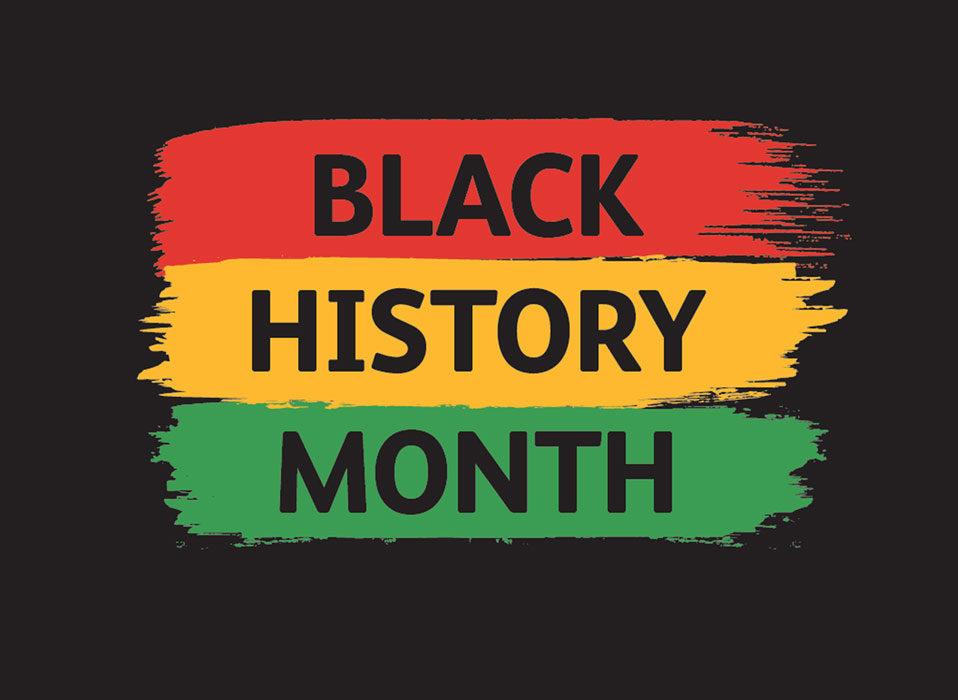Finding out about Windrush
Jacqui shares her mum’s Windrush story and the impact this event had on their family.
I’d heard people talk about Windrush before, the movement of Caribbean immigrants to the UK after the second world war. But I didn’t understand the impact of this event on the people who experienced it, or the role those people played in shaping Britain.
It was only when my mum shared her story with me that I saw how significant the impact was.
The HMT Empire Windrush
In the late forties, England was looking for people to help rebuild the country post-war. There was not much work in Jamaica and many people decided to take up this invitation from the British Government. They came over to join the effort to rebuild Britain and start new lives of their own. Word on the street was that the roads were paved with gold and honey.
Those who could afford the passage came over from the West Indies by ship. The HMT Empire Windrush had originally been called the Monte Rosa – it was a German ship, captured as a prize of war by the British in 1945. Soon the HMT Empire Windrush was a symbol of immigration, as it brought over one of the first large groups of West Indian immigrants to the United Kingdom.
The pain and heartbreak of leaving
My own parents also accepted this invitation in the 1950s. They left behind their children – a baby of 9 months and two children aged 2 and 4 – to be looked after by their grandparents. This was extremely hard; can you imagine the pain and heartbreak of having to stop holding, caring and being with your children?
They also said goodbye to their small but lovely home in Jamaica, expecting that they would be able to find suitable accommodation and work.
The welcome that they received was far from warm. My parents were met with discrimination and signs that read ‘No Dogs, no Irish and no Blacks.’ Even though they were hard-working and stylishly dressed in bowler hats and smart dresses, they faced prejudice.
They rented an attic space in a three-bedroom house where they were only allowed one bath a week. There were about 20 other people at the address, living in what was known as Tenement Yards. They did eventually manage to move into a three-bedroom maisonette where they lived for many years.
Rebuilding our family and future
Eventually, my parents saved enough money to send for their other children to join them. Almost eight years had passed and when this invitation came, and their eldest child did not accept. It was not unusual for this to happen. Families who were severed in this way became strangers to each other. My parents would have to regain trust and re-build a loving relationship with the children who’d be left in Jamaica.
For the siblings that did accept, they moved into the family home in England, with other siblings that they’d heard of but never met. As you can imagine, the difference in cultures, behaviours and feelings at the time were immense. Luckily, we learnt to live with and love each other.
When my parents came to the UK, they had a British Passport because Jamaica was then a British Colony. However, when it expired, they were given a Jamaican passport instead. This new passport had new conditions, ones that made some aspects of life a struggle. They couldn’t make National Insurance Contributions, so they missed out on receiving a state pension. Suddenly their ability to travel in and out of the UK freely was also taken away.
The Windrush scandal in 2017 saw the government apologise for the treatment of the Windrush generation. They pledged to rectify the mishandling of issues like passports and compensate some of those affected.
My mum can now travel freely between Jamaica and the UK. She continues to live a happy life in her motherland of Jamaica.

Find out more about Black History Month at Sense.
